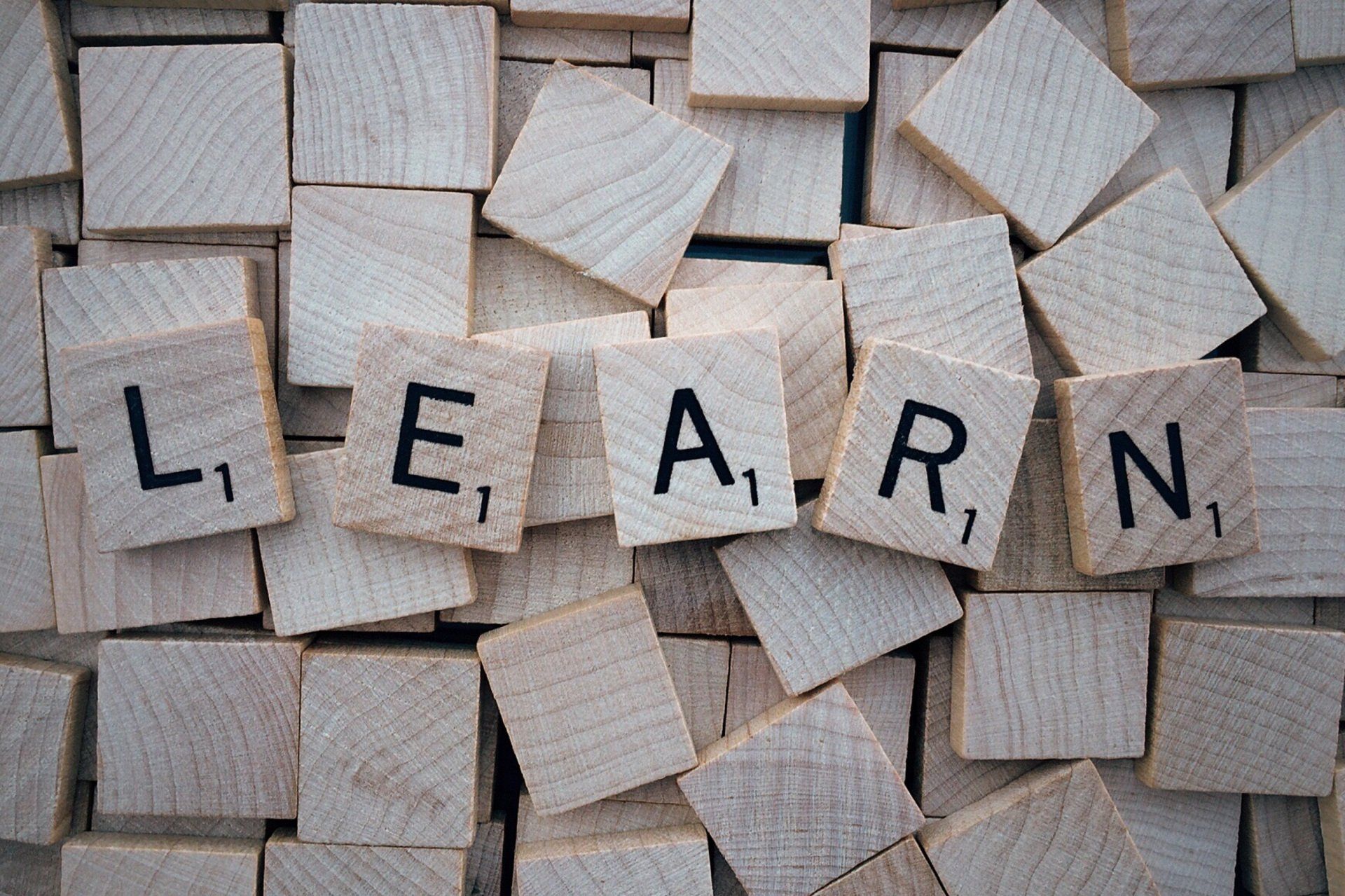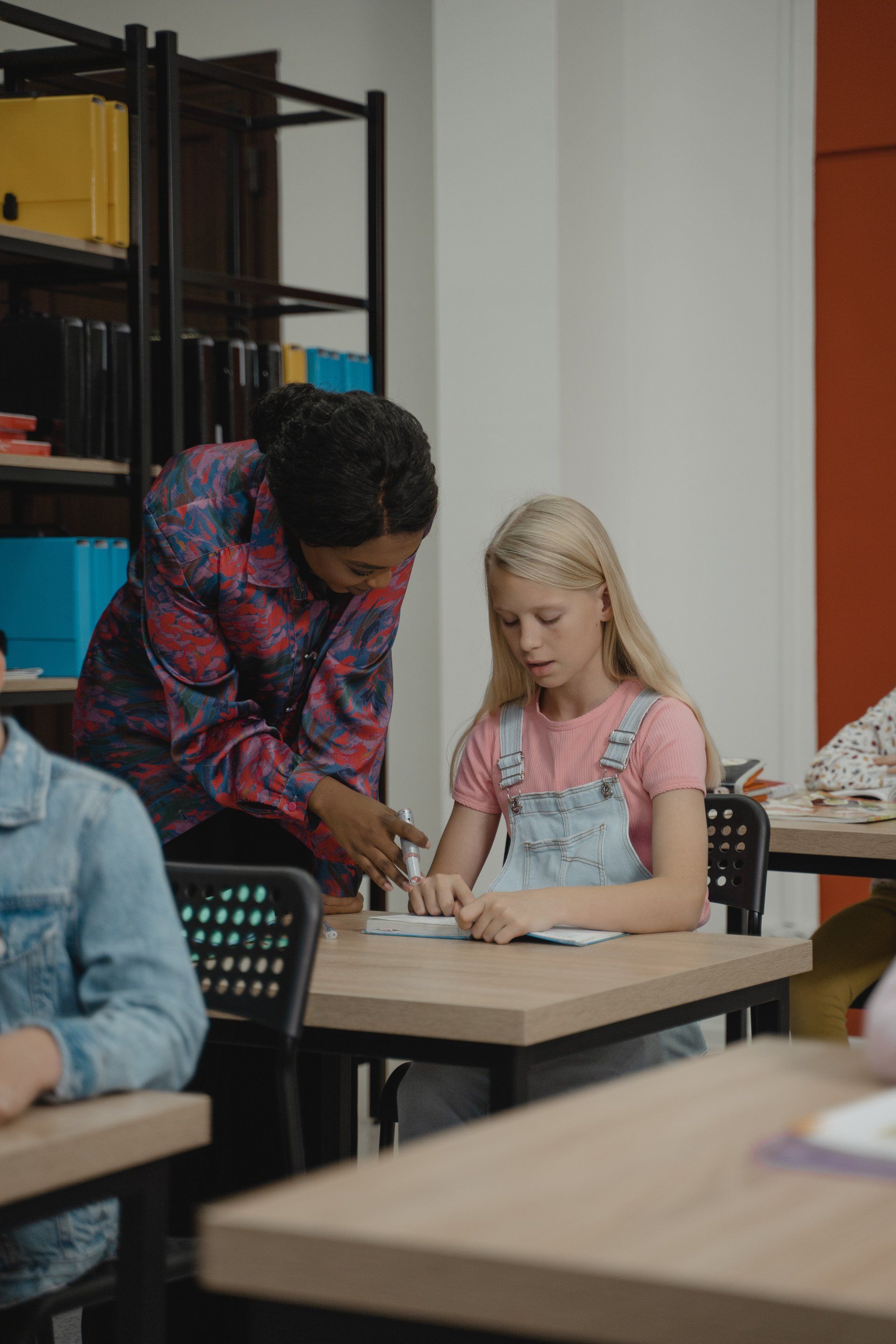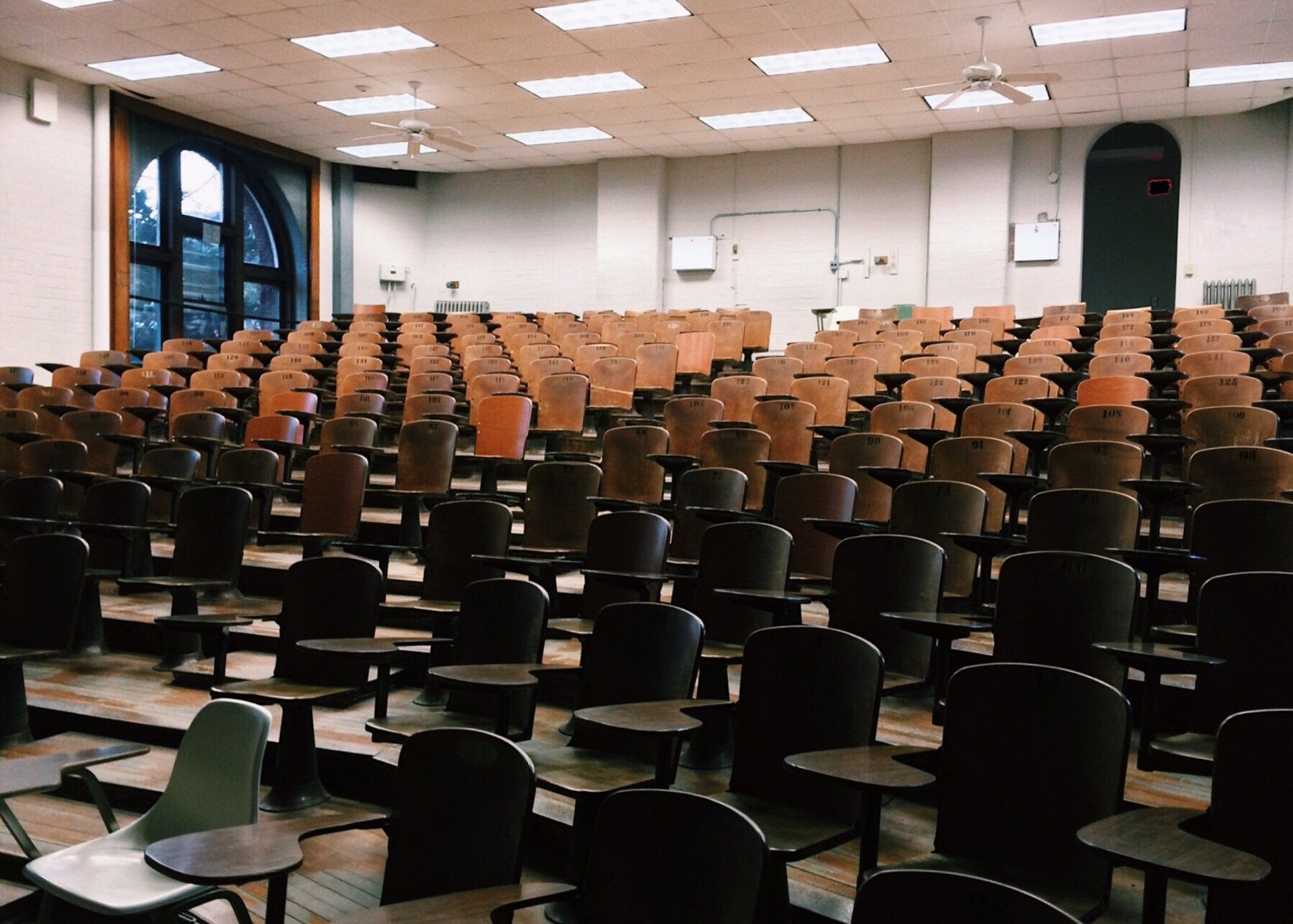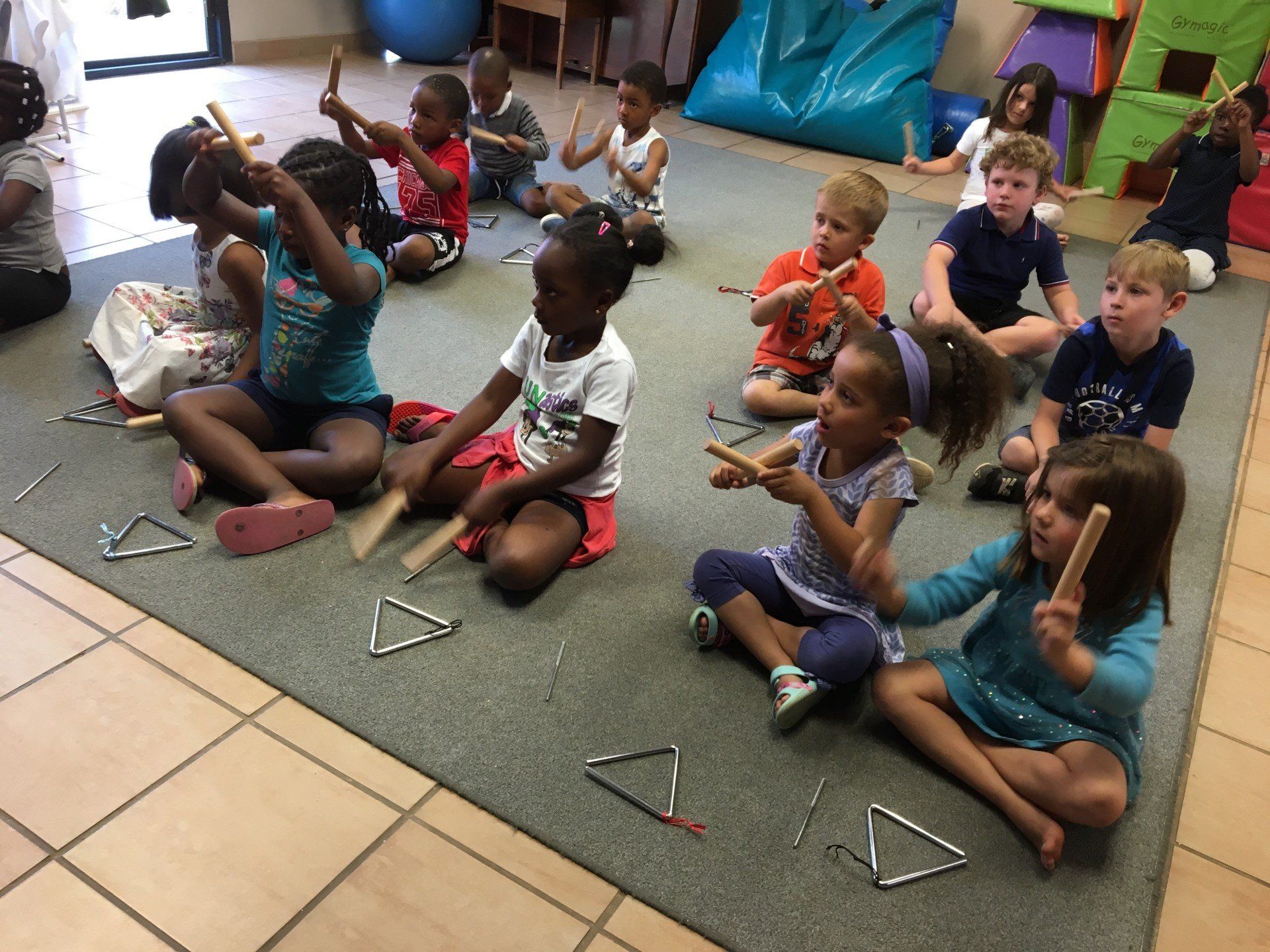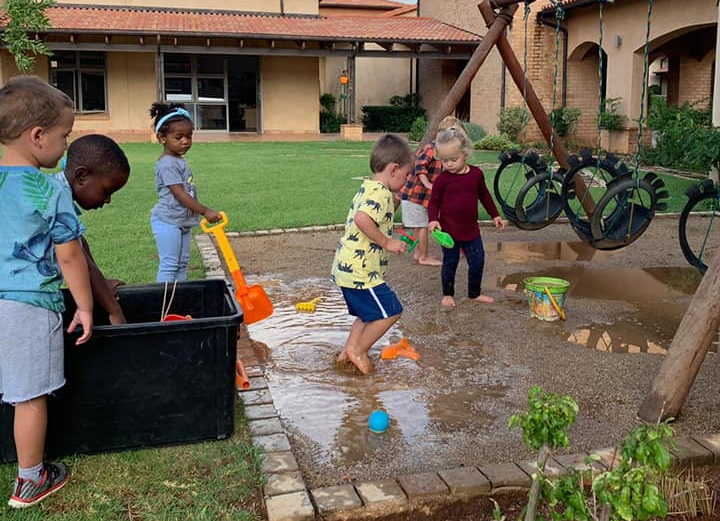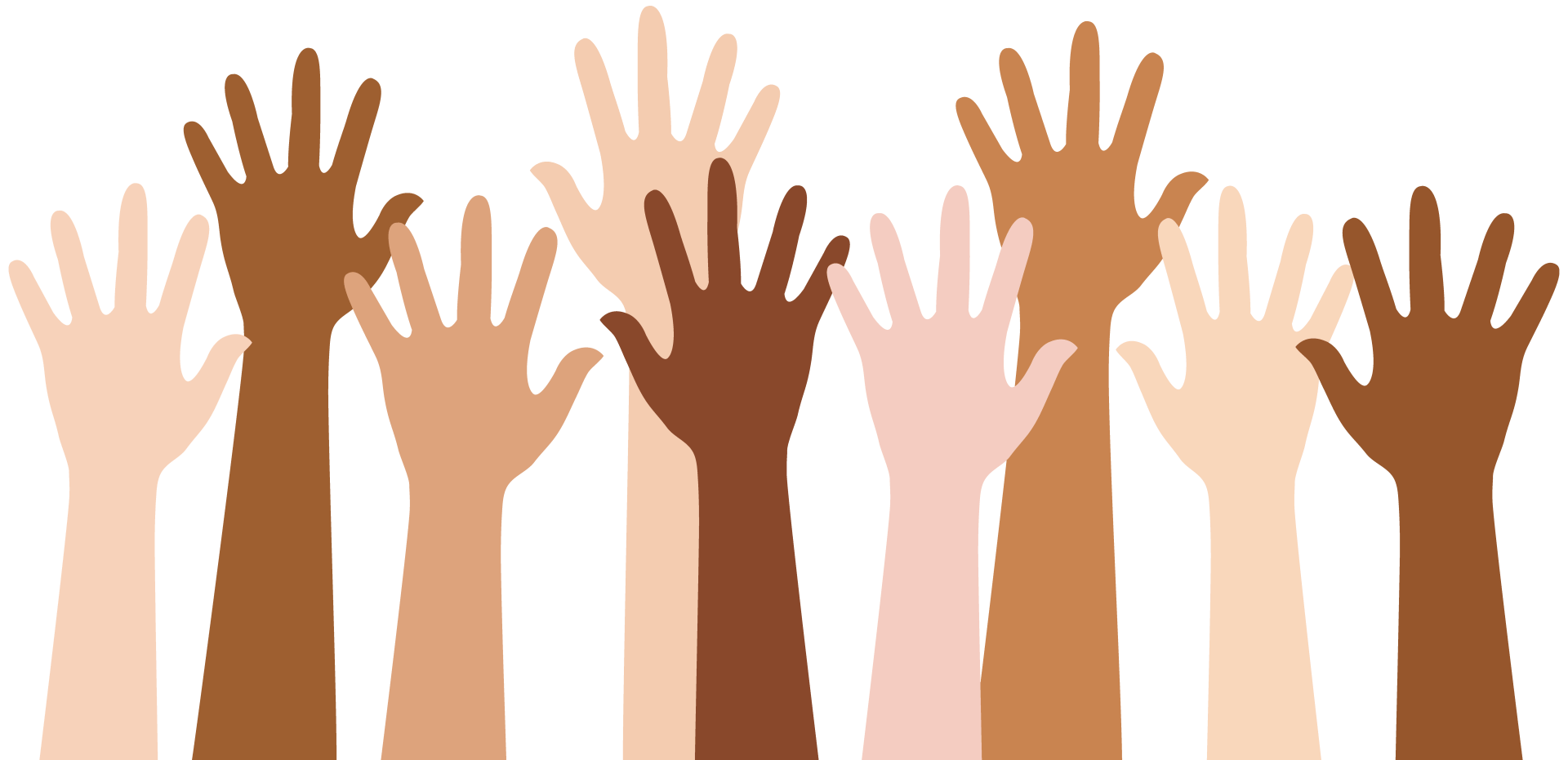Engaging And Enriching Learning | Maragon Private School
Global Competencies encompass a range of 21st century skills necessary for children to achieve a balanced, holistic, well-rounded and thorough education from Kindy right through to Matric. This will stand them in good stead to follow through with what lies ahead of them after school. These fundamental skills are there to engage and enrich learning and include:
·Communication
·Social
·Thinking
·Self – Management
·Research
As time goes on, one realises that the simple everyday learning of information in the classroom is not enough to sustain a child and prepare them for the future. The above mentioned competencies are being used on a global scale to enhance children’s learning needs in the classroom.
Each area is very specific and deals with a wide variety of learning methodologies, assessment strategies, self-reflection and steps to take, in order to assist the learning and application of these skills in the classroom. Children are encouraged to self-assess and are guided towards mastering these skills by using different learning forms/methodologies/strategies in the classroom.
Communication involves personal interaction and communication with others, as well as communicating with others in various contexts. The ability to communicate adequately is a fundamental skill in the work place today. Various tools and strategies have been outlined for teachers to help them assist children to develop communication skills. Communication forms an integral part of our teaching today whether it be by word of mouth or via technology.
Social skills include how we interact with others. This is reflected in personal behaviour, leadership roles and collaboration with others. This skill may take longer to achieve than others for some children, but there are guidelines and strategies in place to help children develop this skill. Children are encouraged to spend time in groups and learn how to work co-operatively with one another.
Thinking deals with critical, creative and reflective thinking. These are the demands of the 21st century. Children have to think beyond just memorising facts, be able to apply new ideas and explain their thought processes. This skill is developed over time. Children are required to think about more than just what is in front of them and question what they are learning about in order to achieve a deeper understanding of the content.
Self-management centres around organisational skills, self-reflection and growth mind-set affective skills (managing state of mind, habits and behaviours). This area allows children to learn how to manage their time effectively and reflect on what they have done. This gives children the space to be proud of themselves or realise that something could be done better next time. It allows them to understand that making mistakes is part of learning and that one can strive to do better next time round.
Research encompasses all areas of inquiry such as collecting, recording, organising and interpreting data. It also deals with information literacy, as well as media and digital literacy. All of these are fundamental in the learning process, whether working as part of a group or as an individual. There are five levels of research ranging from Level 1, whereby a lot of guidance is required and up to Level 5, where students can operate independently and can manage the research process effectively.
This area leads to another important approach to teaching, namely Inquiry Learning. This works hand in hand with the Global Competencies to create an effective learning environment, whereby children are lead to think and reach further than just what is in front of them. Units of inquiry have been introduced to teachers and they are using them in their teaching to allow the children in their classrooms to deepen their understanding, make connections and become forward thinkers and problem solvers.
We are turning a corner in education and have to keep up with the demand of what the world and society wants from us. This begins with children at school and it is our responsibility as educators to prepare them for what lies ahead. What used to be enough in the classroom is not enough anymore. Children are required to do more problem solving and critical thinking. Education is not black and white. Children need to be able to work with the above mentioned skills and master them in order to cope with the demands of the workplace later in life. It is therefore, imperative that children are introduced to these skills early in their education and make the most of their school years to master them.
